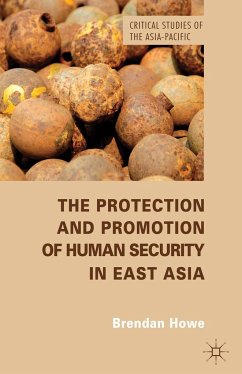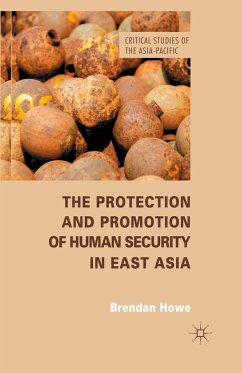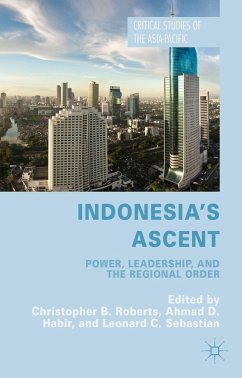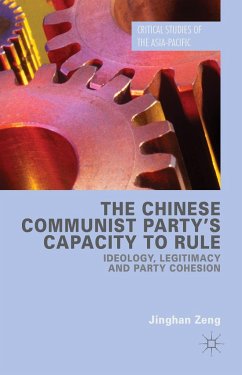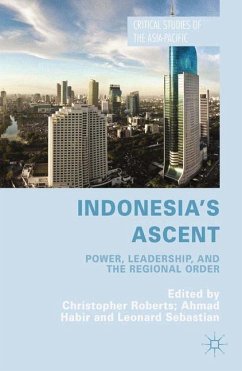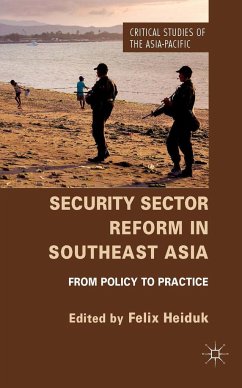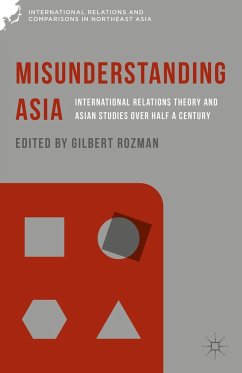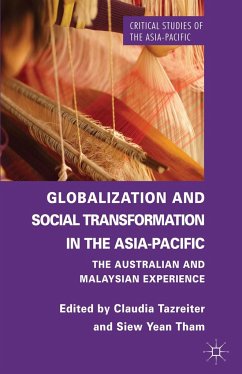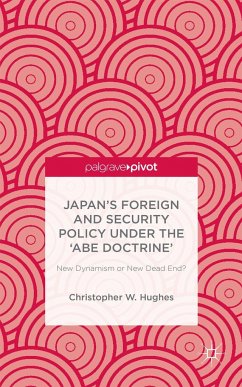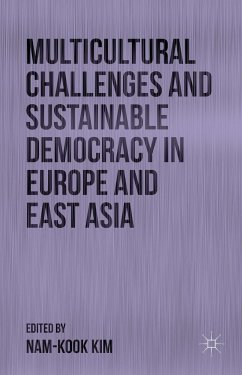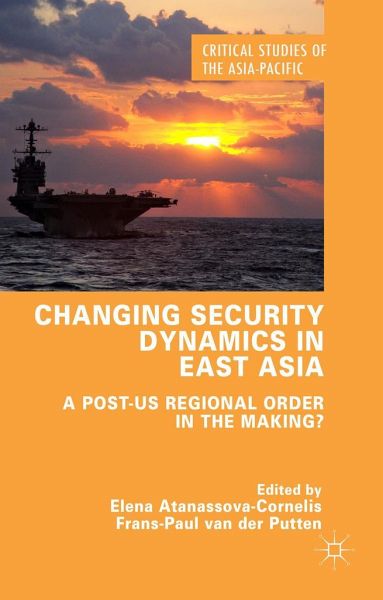
Changing Security Dynamics in East Asia
A Post-Us Regional Order in the Making?
Herausgegeben: Atanassova-Cornelis, Elena; Putten, Frans-Paul van der

PAYBACK Punkte
38 °P sammeln!
This original and detailed collection explores how regional actors deal with uncertainties that are inherent to the current geopolitical situation in East Asia. The contributors collectively demonstrate that strategic uncertainty has become a major factor in the shaping of the security order in East Asia.





